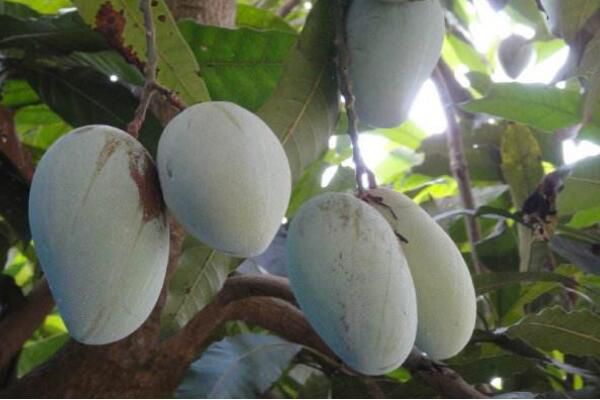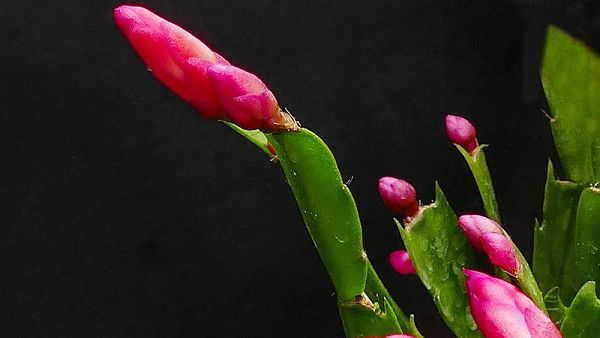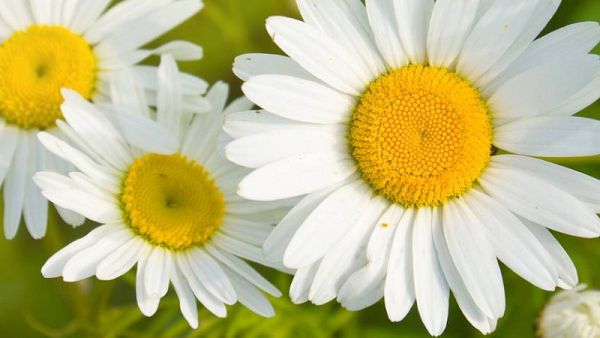Planting and maintenance of mango trees

The planting time of mango trees can be carried out in spring and autumn, preparing sandy soil with loose ventilation and good drainage, as well as clay pots of appropriate breathable size. If the healthy and disease-free mango tree seeds are planted in the soil, the seedlings will grow after a period of time, and the maintenance and management measures of light, fertilizer, water and temperature will be done well.
Planting and maintenance methods of mango trees
First, planting time
The best time to plant mango trees is in spring and autumn, especially from March to May in spring and from September to November in autumn, because the temperature is warmer at this time, which is very suitable for plant growth. When planted in the soil, it can grow quickly, and the survival rate is relatively high.
2. Prepare basin soil
Prepare flowerpots and pot soil, it is best to choose flowerpots with good air permeability, which is conducive to the growth of small buds. In the selection of basin soil, it can be judged according to the growth habits, and the sandy soil with loose air permeability, good drainage and rich humus is the best.
3. Planting soil
The seeds of healthy and disease-free mango trees were planted in the soil and soaked in warm water before sowing. Gently cover a layer of fine soil and then water properly to keep the basin soil slightly moist. The seedlings will grow after about a period of time, and when the seedlings grow a few leaves, they can be transplanted into the pot.
IV. Maintenance and management
It is necessary to do a good job in the maintenance and management of mango seedlings after potting, and put them in an environment with sufficient sunlight, so as to promote photosynthesis and facilitate the growth of young leaves. Keep a warm environment, not in a high and low temperature environment. Watering and fertilization should be carried out regularly without stagnant water and fertilizer damage.
Related
- Fuxing push coffee new agricultural production and marketing class: lack of small-scale processing plants
- Jujube rice field leisure farm deep ploughing Yilan for five years to create a space for organic food and play
- Nongyu Farm-A trial of organic papaya for brave women with advanced technology
- Four points for attention in the prevention and control of diseases and insect pests of edible fungi
- How to add nutrient solution to Edible Fungi
- Is there any good way to control edible fungus mites?
- Open Inoculation Technology of Edible Fungi
- Is there any clever way to use fertilizer for edible fungus in winter?
- What agents are used to kill the pathogens of edible fungi in the mushroom shed?
- Rapid drying of Edible Fungi



